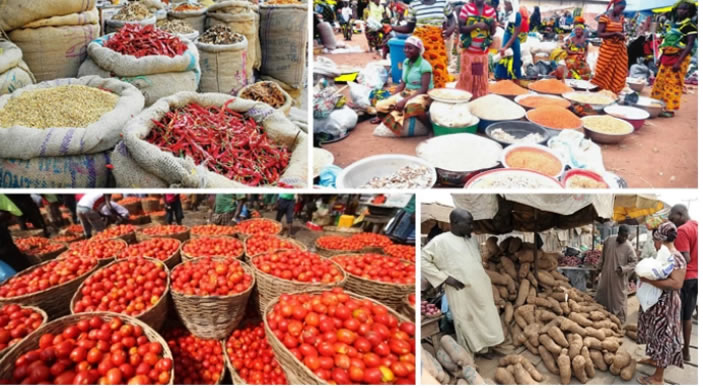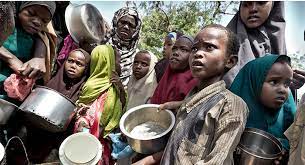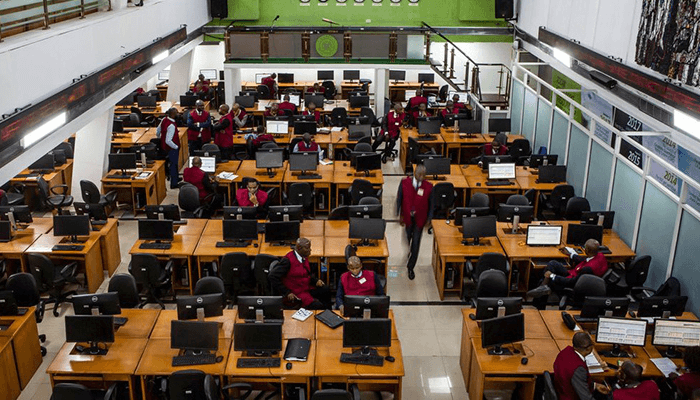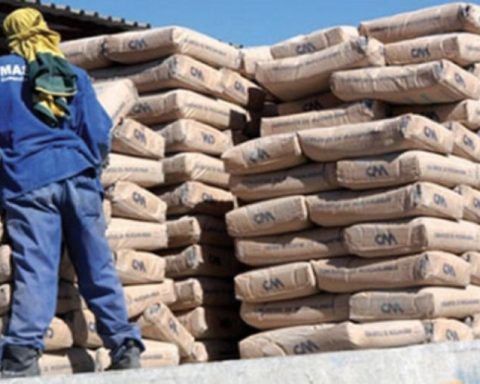Food insecurity in Nigeria is worsening. Nearly 50 million people in West Africa, including millions in Nigeria, do not have enough to eat. The United Nations Food and Agriculture Organisation (FAO) revealed this alarming figure at the 5th Lake Chad Basin Governors’ Forum in Maiduguri. FAO Country Representative, Kofi Dominic, explained that the situation has deteriorated rapidly in the past five years, increasing from 15 million in 2020 to 50 million today.
Dominic stressed that urgent action is needed to prevent the crisis from becoming even worse. “In 2020, there were 15 million people in food insecurity across West Africa. Today, that number has surged to 50 million despite all efforts in agriculture, livestock, and food distribution,” he said.
Join our WhatsApp ChannelMany Nigerians are experiencing this crisis firsthand. Rising food prices, insecurity, and climate disasters have made it difficult for millions to access basic nutrition. Farmers face increasing challenges due to unpredictable weather and conflicts that disrupt food production.
Conflict and Climate Change Worsen Food Insecurity
Experts agree that food insecurity in Nigeria is mainly caused by three factors: conflict, climate change, and economic instability. WFP Country Representative David Stevenson explained how these issues are interconnected.
“Currently, over seven million people in the Lake Chad Basin are food insecure, and this figure continues to rise as the crisis deepens,” Stevenson said. “In addition, we are witnessing the displacement of over three million people across the region, with acute shortages of medical services and essential supplies.”
Farmers in conflict-affected areas are unable to grow crops or rear livestock. Armed groups force people to flee their homes, leaving behind farmlands and food stores. Climate disasters, such as floods and droughts, further worsen the problem.
“Last year alone, 15 countries in West and Central Africa experienced devastating floods, affecting nearly seven million people,” Dominic stated. “In Nigeria, floods destroyed 850,000 metric tons of food — enough to feed eight million people for six months.”
Nigerians Speak on Hunger and Hardship
For many Nigerians, food insecurity is a daily struggle. Residents of Maiduguri, a city heavily affected by conflict, describe their battle to find food.
READ ALSO: Food Insecurity: What Went Wrong?
Emeka Chidiogor, a mother of five, shared her experience: “I used to buy a bag of rice for N25,000. Now, the price is over N100,000. We can no longer afford three meals a day. My children go to bed hungry.”
A northern resident, Ibrahim Abdulahi who posted on X (formerly Twitter) expressed his frustration: “My father and other farmers work hard, but the rains are unpredictable. Sometimes, there is too much rain, and our crops are washed away. Other times, there is drought, and nothing grows. We cannot win. Aside challenges from the government that is not helping matters, the weather also plays a part”
Aisha Bello, a trader at Isolo market, described how rising food prices have affected her business. “Before, I could buy a large quantity of beans and sell them at a good profit. Now, people can barely afford to buy in small amounts. My business is collapsing.”
Experts Call for Urgent Action
Experts believe that immediate intervention is necessary to address food insecurity in Nigeria. Governor Babagana Zulum of Borno State emphasised the importance of large-scale irrigation farming.
“The Lake Chad Basin region is endowed with vast arable land, which, if properly harnessed, can significantly contribute to food security,” Zulum said. “We must work together with regional partners and the United Nations to establish irrigation farms managed by agricultural experts.”
Food policy analyst, Dr. Tunde Olawale, stressed the need for better investment in agriculture. “The government must provide subsidies and better access to credit for farmers. We need more irrigation projects, better storage facilities, and protection for farmers in conflict zones,” he stated.
Professor Ngozi Eze, an expert in agricultural economics, highlighted the role of technology. “We must modernise farming methods. Climate-smart agriculture, improved seed varieties, and better irrigation techniques can help increase food production and reduce post-harvest losses.”
Can Nigeria Overcome Food Insecurity?

Food insecurity in Nigeria will not disappear overnight. It requires coordinated efforts from the government, private sector, and international partners. Long-term solutions must focus on improving food production, protecting farmers, and ensuring access to affordable food.
Dr. Olawale remains hopeful: “Nigeria has the potential to feed itself and even export food. We just need the right policies, investment, and commitment to make it happen.”
For millions of Nigerians, the hope is that these solutions come sooner rather than later. Until then, hunger remains a daily reality.
Emmanuel Ochayi is a journalist. He is a graduate of the University of Lagos, School of first choice and the nations pride. Emmanuel is keen on exploring writing angles in different areas, including Business, climate change, politics, Education, and others.

















